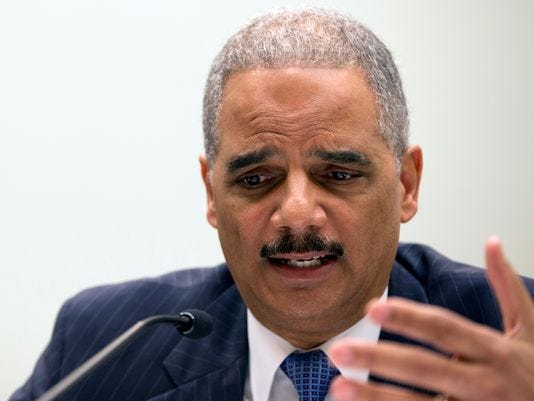Defected Members of the Judiciary Will Plan Comprehensive Law Code For Liberated Areas
Istanbul, Turkey – On May 1 and 2, 2013, the Syrian Center for Political and Strategic Studies (SCPSS) hosted the Syrian Expert House, a gathering of Syrian academics, human rights activists, members of the political opposition, and professionals in Istanbul, Turkey to conduct a workshop on Constitutional Reform and Rule of Law in Syria. After two days of intense discussions, the Syrian Expert House concluded its meeting with specific collective recommendations for establishing rule of law and achieving constitutional legitimacy in the post-Assad interim period.
Workshop participants discussed a number pressing concerns regarding judicial affairs in Syria, most notably the status of the judiciary in the liberated areas and the challenges these courts face. Additionally, participants discussed how to achieve constitutional legitimacy after the fall of the Assad regime and unanimously decided that a return to the Constitution of 1950, without modification, would be the ideal solution for achieving this legitimacy. The 1950 Constitution is the only constitution in Syrian history that was drafted and approved by a Constitutional Assembly. It also has received popular support, despite the presence of some controversial articles regarding minorities and freedom of expression. However, in the absence of an entity with the legal authority to amend the constitution, the Syrian Expert House recommended that the 1950 constitution be accepted wholesale initially, with the expectation that amendments to the document would be the first order of business of a future Constitutional Assembly.
The participants recommended that the transitional interim government, formed immediately after the fall of the regime, set a date for popular elections to choose members of the Constitutional Assembly, which, in addition to amending the 1950 constitution, will be in charge of the formulation of a new Syrian constitution. The Syrian Expert House also identified steps for ensuring the independence of the judiciary through mechanisms and precise standards to protect the judiciary from executive interference in its decisions and in its structure. The “Judicial Authority Law,” which grants excessive power to the Syrian judiciary, was also discussed and it was unanimously agreed that this portion of the Syrian law code is not conducive to an independent and sound legal environment in Syria.
On the second day of the workshop, participants discussed the rule of law and legal protection during the transitional phase. Participants agreed to prepare a general conference for uniting all the defected judges and lawyers currently living in liberated areas or abroad into one national judicial body that would uphold one unified national transitional law code. The participants also formed a preparatory committee for this conference made up of eight members:
Dr. Radwan Ziadeh (Executive Director, Syrian Center for Political and Strategic Studies)
Judge Marwan Kea’yed (Unified Judicial Council)
Judge Ziad Al-Basha (Independent Judicial Council)
Judge Iman Shahoud (Independent Judicial Council)
Lawyer Mazen Jouma’a (Liberal Lawyers of Aleppo)
Lawyer Haitham al-Maleh (Head of the Judicial Office of the National Coalition)
Lawyer Mohammed Obaid (Legal adviser to the interim government and the National Coalition)
Lawyer Mohammed Sabra (Legal adviser to the interim government and the National Coalition)
Participants also discussed the most important laws that should be repealed or amended in the future transitional phase and at the same time warned judges about the pitfalls of interfering in the legislative process. The participants also discussed the importance of transitional justice in Syria and studied the mechanisms established by the National Preparatory Committee for Transitional Justice last month.
The president in charge of the formation of the interim government, Mr. Ghassan Hitto, visited the members of the workshop and received a briefing on their work and the challenges and difficulties faced by the judiciary. Mr. Hitto promised that the independence of the judiciary would be a priority of his government. He also urged the participants to continue to make efforts in order to achieve the aspirations of the Syrian people.
This workshop was the first of five workshops organized by the Syrian Center for Political and Strategic Studies on behalf of the Syrian Expert House. Thematic topics of the five workshops included: constitutional and legal reform, political and administrative reform, electoral reform, security sector reform, and economic reform. The results of these workshops will be submitted in a general conference held by the Syrian Center for Political and Strategic Studies and the Syrian Expert House in July.
Members of the Syrian Expert House first met in October 2012 in Istanbul, Turkey at a conference widely regarded as the most inclusive gathering of the Syrian opposition to date. The Syrian Expert House was established by the Syrian Center for Political and Strategic Studies for producing thoroughly Syrian research outputs on the post-Assad political transition process in Syria. The Syrian Expert House will lay the necessary groundwork for promoting considered and deliberate reforms following the end of the Syrian conflict.
Prepared by the Syrian Center for Political and Strategic Studies

